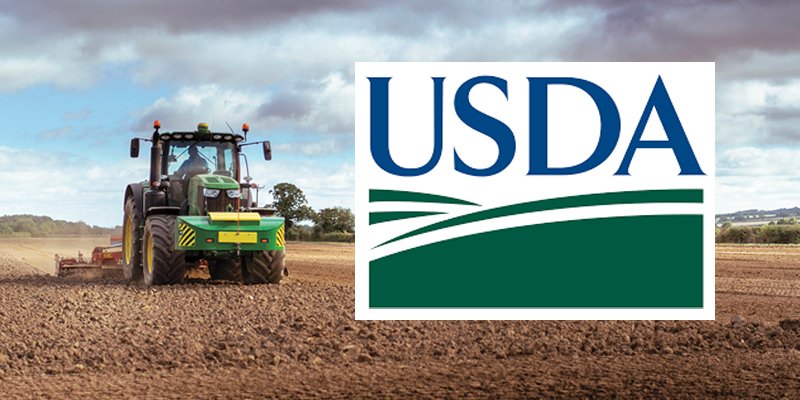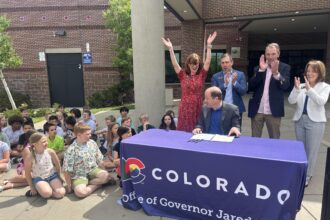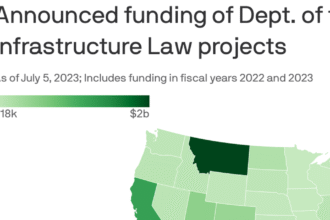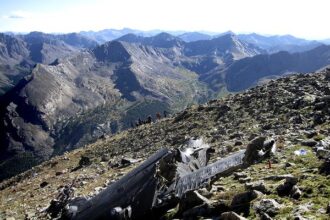New Leadership at State Land Board Sparks Concerns for Rural Communities
The recent appointment of Nicole Rosmarino as the new director of the State Land Board (SLB) has raised alarms regarding the future of agriculture and rural economy in Colorado. This move, orchestrated by Governor Jared Polis, appears to undermine the agricultural sector, which is seen as a significant barrier to his renewable energy ambitions. Critics argue that Rosmarino’s selection solidifies a trend towards anti-rural and anti-agriculture policies under the current administration.
As disclosed in an email from Dan Gibbs, Director of the Department of Natural Resources, Rosmarino is the only finalist for the role at the SLB, which manages an impressive 2.8 million acres of surface land and 4 million acres of mineral estate in Colorado. The formal appointment will take place following a 14-day public notice period, scheduled to conclude at the upcoming Board meeting in Denver on June 11 and 12. Contacting the Department of Natural Resources (DNR) did not yield any further information.
The Role and Responsibilities of the State Land Board
The primary mission of the SLB is to generate stable income over time while preserving the long-term productivity of trust lands that support Colorado’s public schools. Its revenue is derived primarily from leasing trust lands for various purposes, including:
- Agriculture
- Commercial real estate
- Ecosystem services
- Mining
- Oil and gas development
- Recreation
- Renewable energy
- Rights-of-way
- Water management
The SLB also aims to foster future generations of agricultural lessees, but concerns have arisen about Rosmarino’s suitability for this role.
Criticism of Rosmarino’s Background
Critics point out that Rosmarino has close ties to Governor Polis and First Gentleman Marlon Reis, having previously served as the Governor’s Policy Advisor for Wildlife, Agriculture, and Rural Economic Development. She is known for founding the Southern Plains Land Trust and has held prominent positions in various wildlife advocacy organizations. Some view these associations as conflicting interests, suggesting that her priorities may not align with the needs of Colorado’s agricultural producers.
Moreover, the land trust’s focus on rewilding, which involves purchasing agricultural land for conservation purposes, raises fears among local ranchers who worry about the encroachment of such policies on their livelihoods. In particular, studies indicate that large-scale private refuges can disrupt traditional ranching, leading to financial strife within rural communities.
| Lease Purpose | Revenue Impact |
|---|---|
| Agriculture | Supports local economy through food production |
| Renewable Energy | Potentially high lease payments but uncertain local job creation |
| Mining & Oil/Gas | Immediate economic benefits, environmental concerns |
The Agricultural Landscape’s Future
With Rosmarino at the helm, the potential for stripping agricultural lands of their production capabilities looms large. This shift could diminish tax revenues associated with farming, ultimately starvelling rural communities of vital economic inflows. Local businesses, from feed suppliers to community organizations rallied around agriculture, could suffer severe setbacks.
In summary, the concerns voiced by rural communities reflect a deeper apprehension over the direction of state policy under Governor Polis. If the appointment of Rosmarino serves to prioritize rewilding and renewable energy at the expense of traditional agricultural practices, the economic foundations of rural areas may be irrevocably altered. As the discussions unfold in the coming weeks, Colorado’s ranchers and agricultural stakeholders will be watching closely.














